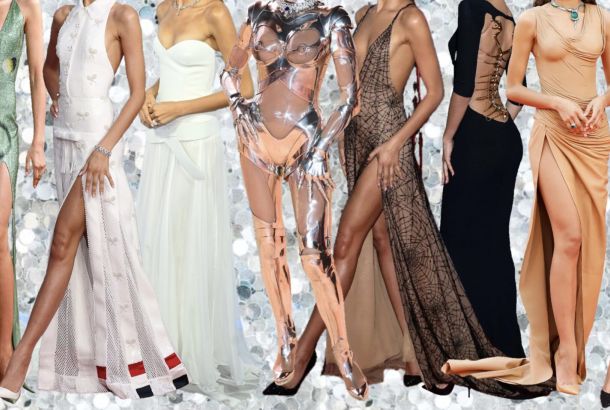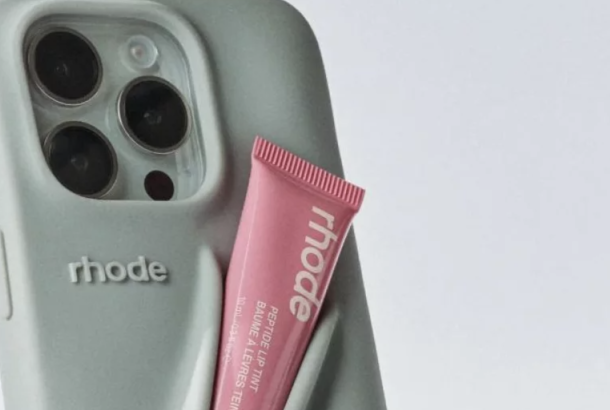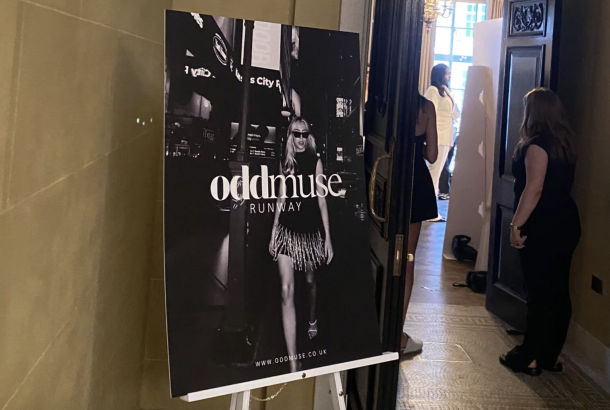How Netflix’s Sex Education explores identity politics and victim blaming through fashion
By Maisie Scott

*Content Warning: discussions of sexual assault and violence.*
Netflix’s Sex Education puts forward vital discussions about sex and relationships; its fashion is a key part of this exploration. The series is set in the present day but the style of many of the characters nostalgically refers back to the past. Maeve’s alternative dress sense incorporates elements of punk and grunge whilst Aimee’s wardrobe appears to be inspired by the 1970s. Every character has a highly cultivated style which has been clearly refined by the costume and wardrobe department.
The students of Moorgate secondary school do not have a prescribed uniform and they can express their individual style at school. The characters on the show have a diverse fashion taste which is characteristic of Gen-Z style. The Mancunion‘s Fashion Editor Alice Porter discusses the difficulty in identifying the trends of the last decade in a recent article titled ‘This decade’s fashion is undefinable because it was obsessed with the past’. Sex Education dramatises this contemporary trend through the variety present in the students’ wardrobes. Lily’s space buns and pastel wardrobe is set alongside Jackson’s sporty outfits which showcases the scope of the styles adopted by the show’s characters.
View this post on Instagram4 angels looking at each other
A post shared by Sex Education (@sexeducation) on
Sex Education is concerned with the lives of teenagers who are navigating their identity and sexuality and their identity is explored and mediated through clothing in both series of the popular Netflix show. The importance of clothing should not be overlooked as it is crucial to the exploration of personal identity and it offers an outlet for self-expression.
Clothing plays a key role in the darker moments in the show which feature episodes of sexual assault and violence. Eric’s attack in Series One takes place whilst he is dressed up in denim cut offs, a blonde wig and red platform boots in an outfit inspired by Hedwig and the Angry Inch.
View this post on InstagramA post shared by Sex Education (@sexeducation) on
Eric is attacked by a white man that same evening on his return home. The trauma of the event is registered through clothing as Eric subsequently retreats from the colourful items in his wardrobe. He temporarily opts for a uniform of ripped jeans, monotone t-shirts and hoodies in later episodes. Emotionally and physically the attack takes a toll on Eric and clothing is one of the ways in which he navigates this experience.
Aimee light-heartedly brushes being sexually assaulted on the bus in series two by making references to her jeans which have been stained. Maeve supports Aimee following the event and takes her to the police station and the police later take Aimee’s jeans for evidence. Aimee says to Maeve that she hopes the police will return her jeans because ‘they’re the perfect bootleg Maeve. You don’t find that very often’. The sentiment Aimee shares about her jeans show the complicated ways in which trauma is sometimes expressed via humour and how clothing can be used as a sort of armour by those who feel marginalised.
View this post on Instagramnothing but respect for our scabby queens
A post shared by Sex Education (@sexeducation) on
Clothing has the potential to form a key piece of evidence in cases of sexual assault and violence because it can show the markings of the perpetrator’s DNA, bodily fluids or aggression but beyond that, it has no relevance. The style of the victim’s clothing and the amount of skin they choose to bare is a key way in which a harmful narratives of victim-blaming have been perpetrated in the past, which is unacceptable; the responsibility lies unequivocally with the perpetrator and never the victim.
Solidarity and support must continue to be shown to victims of sexual assault and violence and misogynistic attitudes urgently need to be abandoned towards victims. Reclaim the Night is a campaign against sexual assault and gender-based violence in Manchester. The Reclaim the Night march will take place on the 20th February 2020. I urge you to join the march and use it as an opportunity to wear whatever you desire without fear.
Clothing is crucial to how we navigate our social identity and Sex Education offers a nuanced portrayal of that experience. Maeve’s remembers the blame another woman projected onto her when she was catcalled for wearing ‘revealing’ shorts in series 2. She also recalls how she rejected the older woman’s comments and ‘went home and cut them even shorter’. Support Reclaim the Night and share the defiant spirit Sex Education’s Maeve Wiley would encourage us all to channel.







